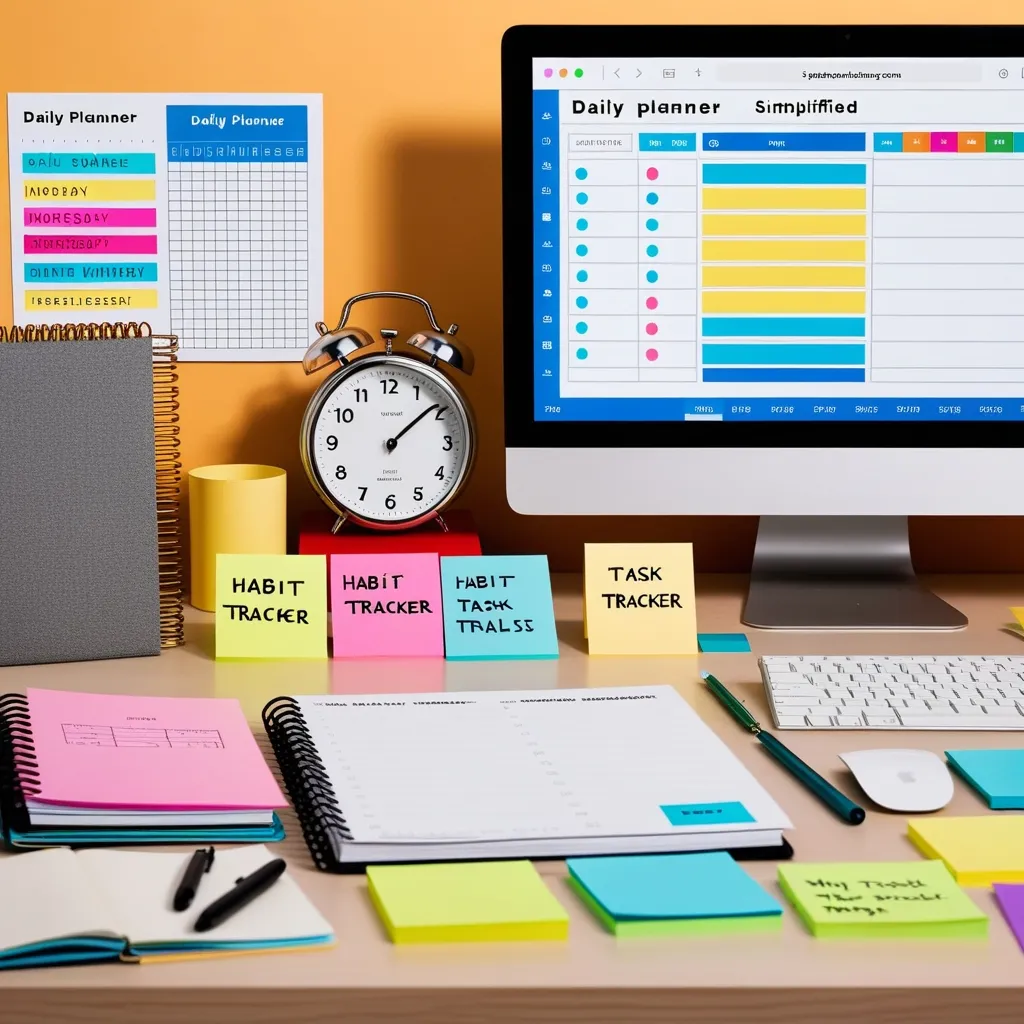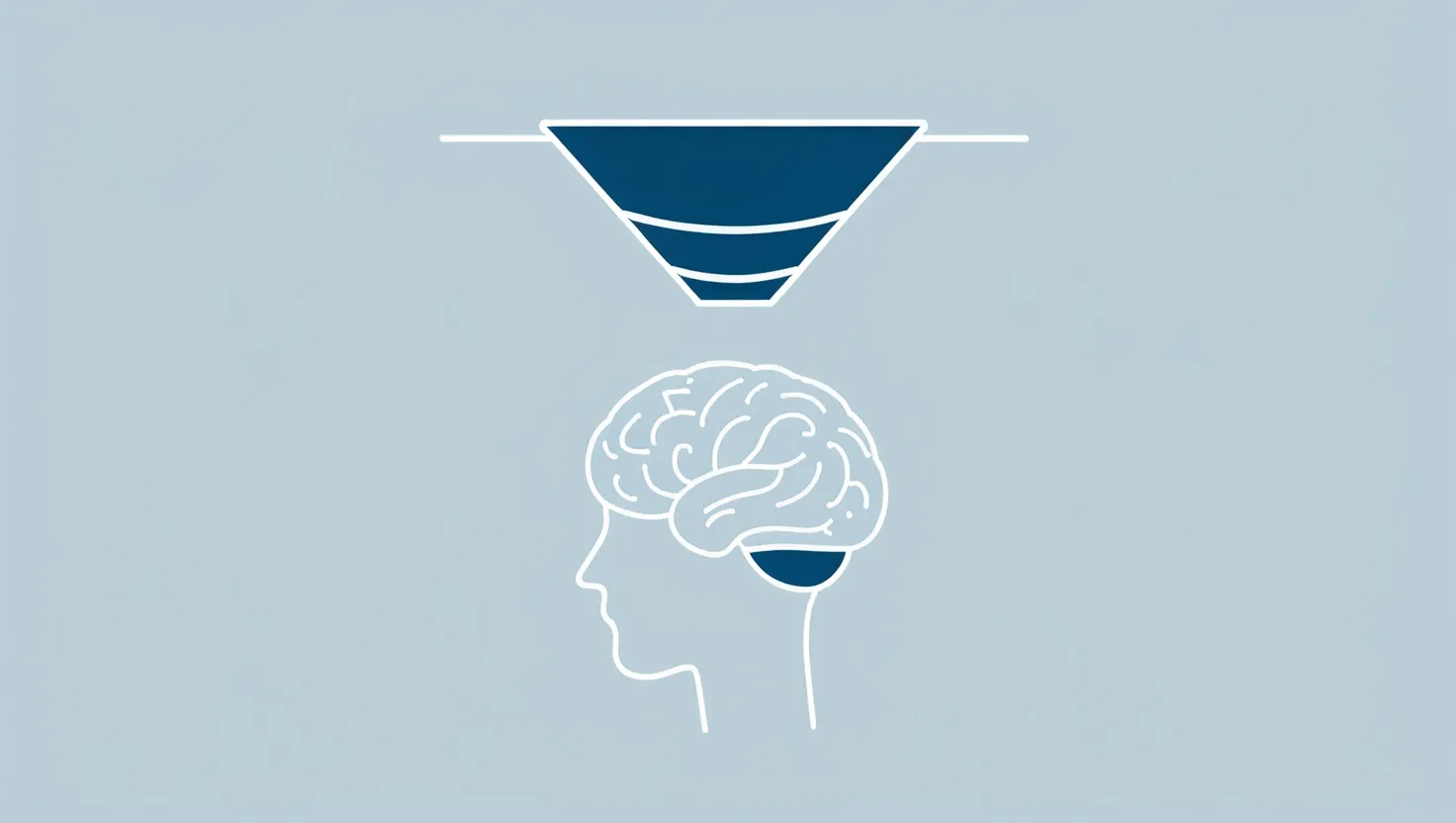Time is money, and in today’s fast-paced world, managing it effectively can be the difference between success and falling behind. Whether you’re juggling a demanding career, running your own business, or simply trying to get a handle on your personal finances, mastering the art of productivity is key. Let’s dive into some practical strategies that can help you squeeze more out of every minute.
First things first - planning and scheduling aren’t just buzzwords. They’re your secret weapons in the battle against time waste. Think about it like this: you wouldn’t miss an important meeting with a client, right? So why treat your personal tasks any differently? Break down your big goals into bite-sized chunks and schedule them like they’re non-negotiable appointments.
Let’s say you’re tackling a financial project. Instead of just writing down “work on budget” in your to-do list, get specific. Schedule “review last quarter’s expenses” from 9 to 10 AM, followed by “create next quarter’s forecast” from 10 to 11:30 AM. It might seem a bit over the top, but trust me, this level of detail makes your tasks feel more concrete and actionable.
Now, not all tasks are created equal. Some will give you a bigger bang for your buck in terms of time invested. This is where prioritization comes in handy. Ever heard of the Eisenhower Matrix? It’s a nifty tool that helps you categorize tasks based on their urgency and importance. Paying bills on time? That’s both urgent and important. Organizing your financial documents? Important, but perhaps not urgent. Focus on knocking out those urgent and important tasks first, then move down the list.
Distractions are productivity’s kryptonite. In our hyper-connected world, it’s all too easy to get sidetracked by a buzzing phone or a flashing email notification. When you’re working on something important, like a critical financial analysis, every distraction costs you precious time and mental energy. So, do yourself a favor and create a distraction-free zone. Turn off your phone, close unnecessary browser tabs, and find a quiet spot to work.
One technique that works wonders for many people is the Pomodoro Technique. It’s simple: work in focused 25-minute bursts, followed by short breaks. It’s like interval training for your brain, helping you maintain focus and energy throughout the day.
Sometimes, the sheer size of a task can be overwhelming. That’s where the power of bite-sized tasks comes in. Instead of staring down the barrel of a huge project, break it into smaller, manageable pieces. Writing a financial blog post? Don’t just write “finish article” on your to-do list. Break it down: “write introduction,” “research main points,” “draft conclusion.” Suddenly, that mountain of work looks a lot more climbable.
Here’s a mind-bending concept for you: Parkinson’s Law. It states that work expands to fill the time available for its completion. In other words, if you give yourself a month to do something, it’ll take a month. But if you set a tighter deadline, you’ll often find you can get it done much faster without sacrificing quality. Try it out next time you need to review your investment portfolio. Instead of giving yourself a week, set a deadline of just a few hours. You might be surprised at how quickly and effectively you can get it done when the clock is ticking.
We’re not robots - our energy levels fluctuate throughout the day. Use this to your advantage. Are you a morning person? Tackle your most challenging financial tasks when you’re bright-eyed and bushy-tailed. More of a night owl? Save those demanding tasks for when you’re in your element. By aligning your most important work with your peak energy levels, you’ll get more done in less time.
While motivation can be a great kickstarter, it’s not always reliable. What you really need is a solid routine and the drive to stick to it. Create an environment that supports your productivity. If social media is your weakness, use website blockers during work hours. If family interruptions are throwing you off, communicate your work hours clearly and set boundaries.
Multitasking might make you feel productive, but it’s actually a productivity killer. When you’re working on that financial spreadsheet, give it your full attention. Stay in the present moment and focus on one task at a time. You’ll make fewer mistakes and get things done faster.
Setting unrealistic goals can be counterproductive. Instead of trying to cram six hours of work into one sitting, break it down into smaller, more manageable sessions. If you’re learning a new financial skill, aim for three focused hours of practice rather than an exhausting six-hour marathon. This approach will help you avoid burnout and maintain productivity over the long haul.
Finally, don’t be afraid to leverage technology to boost your productivity. Task management tools, time tracking apps, and communication platforms can streamline your work process. Whether you’re managing a team or flying solo, these tools can help you stay organized and focused.
Remember, productivity isn’t about working harder - it’s about working smarter. By implementing these strategies, you can significantly boost your output without burning yourself out. Whether you’re managing your personal finances, tackling a work project, or just trying to make the most of your day, these tips can help you achieve more in less time.
So, take a deep breath, grab your planner (or your favorite productivity app), and start putting these ideas into action. With a little practice and persistence, you’ll be amazed at how much more you can accomplish. Who knows? You might even find yourself with some extra time on your hands to enjoy the fruits of your labor. Now wouldn’t that be something?






